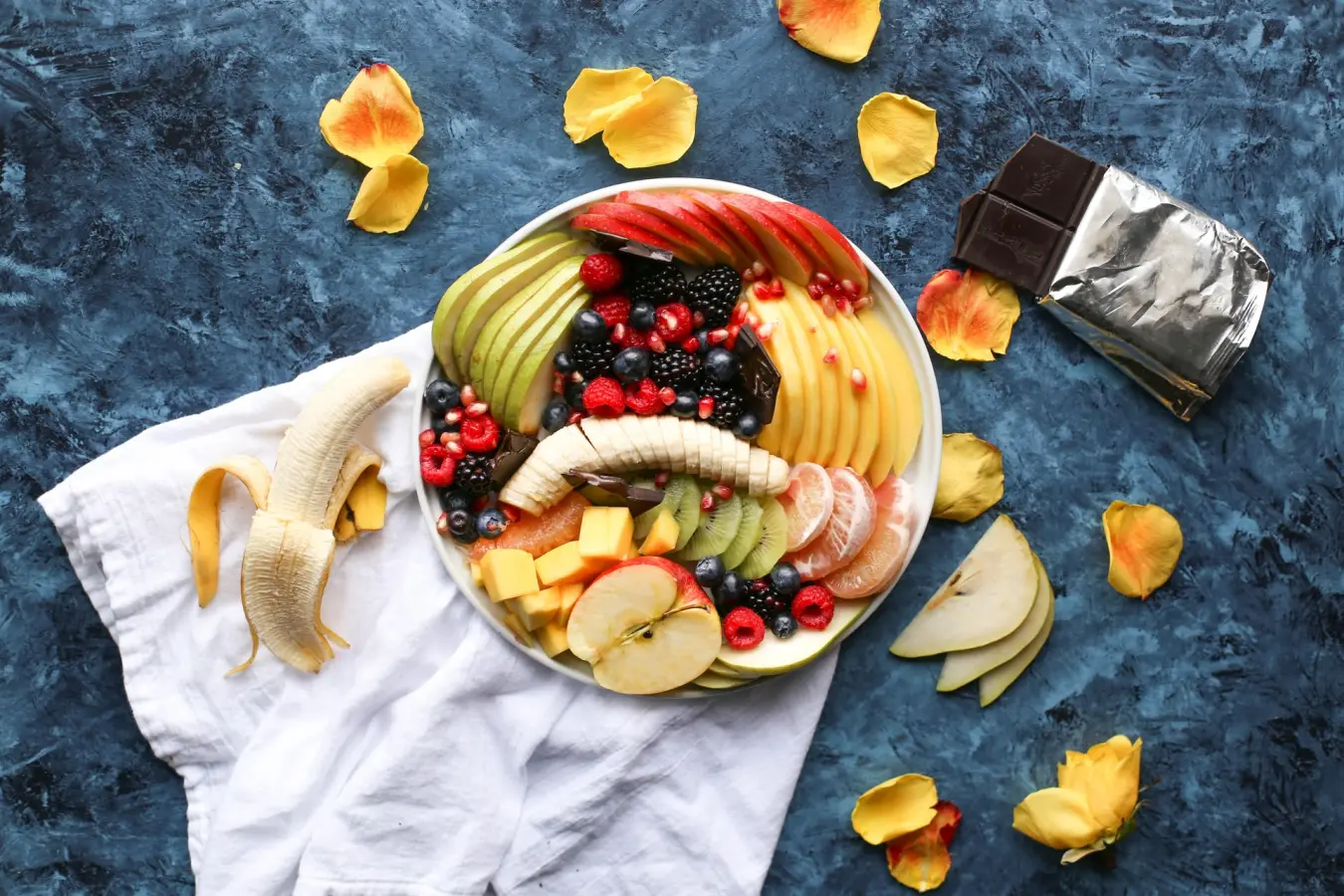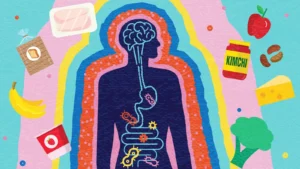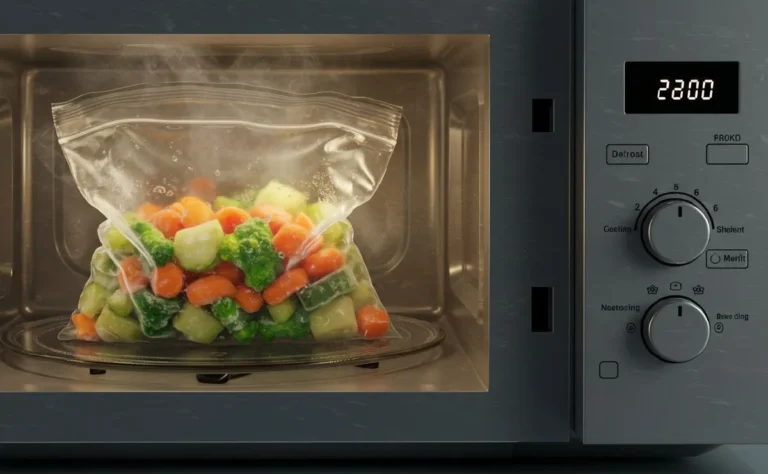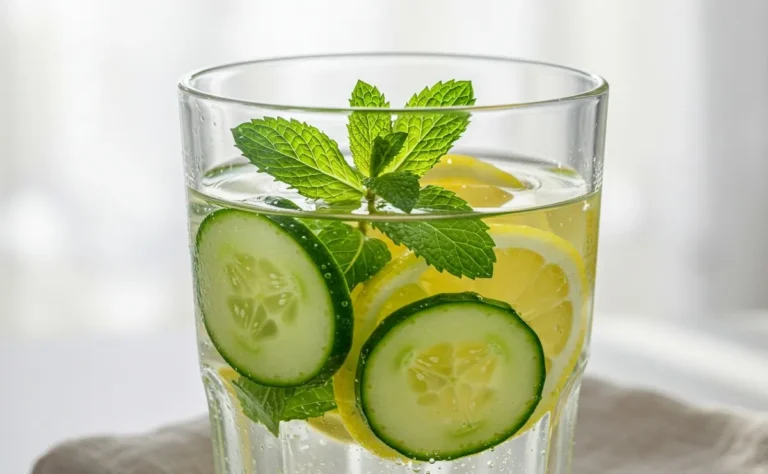Experts remind us that eating various fruits throughout the day produces healthy results for the body. However, there are several myths regarding their consumption, for example, whether it is good to eat them at night or whether they cause weight gain due to the sugar they contain. Some nutritionists answer these questions.
Each fruit has a different color, texture, and properties that are beneficial to health. Its consumption and portions will depend on the needs of each organism. Although each one has different compounds and benefits, there are generalities regarding the regular consumption of fruit.
“Some of the benefits of eating fruit every day are that they are a source of hydration due to the water they contain. In addition, they provide fiber to the body when we eat them raw and with the peel. This makes us feel full for longer and regulates intestinal function, which is why it is said that they help with weight loss,” explains Carolina Montenegro, nutritionist.
Fruits are also a source of vitamins and minerals, which help the immune system prevent diseases and regulate the body’s mineral balance.
These are some of the myths and truths about eating fruit:
Is it bad to eat fruit at night?
False. Montenegro indicates that it is recommended to eat five portions of fruit and vegetables a day, which can be prepared in different ways and at various times of the day. In addition, fruit has the same calories during the day as it does at night, so there is no problem with including it in dinner.
Does eating fruit for dessert make you fat?
False. “They also say that it is not recommended to eat it as a dessert, or after a main meal. However, the order does not change whether you gain or lose weight, this will depend on the amount and type of food you eat. So you can eat it before or after, it will not affect it,” explains the nutritionist.
It is always advisable to consume them in appropriate portions, according to each person.
Fruit is better with the peel
True. Many of the nutrients in fruit are found in the peel, such as fiber, so it is okay to eat it, as long as it is washed properly.
“We must take the appropriate hygiene measures when eating fruit with the peel. We must wash them very well to avoid possible transmission of diseases,” says Heidy Villagrán, a nutritionist.
Is it better to eat whole fruit or juice?
Experts say it is better to eat whole fruit because it retains all its nutrients. However, when it is juiced, some lose the vitamins, antioxidants, and fiber they contain.
In addition, free sugars increase, so the body does not process whole fruit in the same way as it does in smoothies or juice.
“When we eat the whole fruit, the brain processes chewing each piece better than just drinking the juice. It also helps us feel full, because the brain has gone through the whole process of taking the fruit, opening the mouth, biting, chewing, etc.”, says Villagrán.
Should fruit juices be drunk immediately after preparation?
True. If you let too much time pass after preparing the smoothie, some vitamins may be lost. However, drinking the juice immediately does not affect its nutritional value or properties.
Is it better not to mix fruits?
False. Villagrán explains that when you have a varied and balanced diet, the idea is to have lots of colors on your plate, so you can eat a fruit cocktail without any problem it will have many benefits depending on the properties of the fruits.
The expert says there is no evidence that mixing fruits is harmful, so it is just a myth.
Can diabetics eat fruits?
It is believed that fruits, due to the sugar they contain, cannot be consumed by diabetics. However, this is a myth, since the type of sugar they contain is intrinsic, meaning it is not harmful.
What is true is that when a fruit is sweeter, it is because it contains more fructose, the monosaccharide that gives food its sweet taste, but this is not harmful.
What is recommended to anyone is to always eat the portions indicated by a specialist.
Does fruit help your eyesight?
True. Fruits are credited with caring for and protecting eyesight. According to the BBC, Harvard Medical School indicates that fresh fruits, as well as dark green leafy vegetables, which contain more antioxidant vitamins such as C and E, help protect the eyeball from two relatively common diseases: cataracts and macular degeneration.























+ There are no comments
Add yours